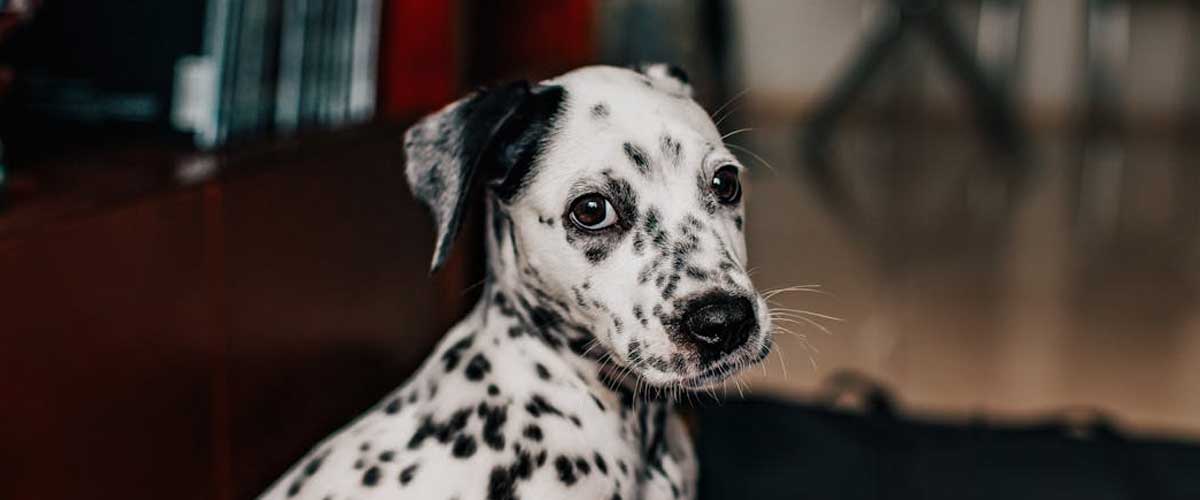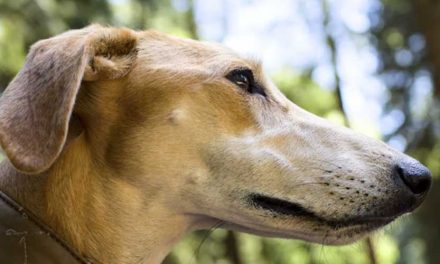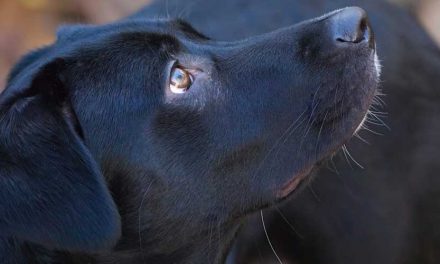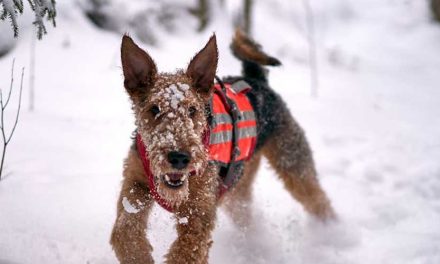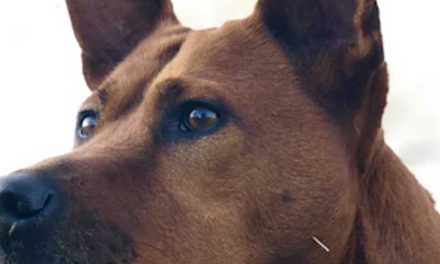The Dalmatian dog, instantly recognizable by its striking coat of black or liver spots against a pure white background, has captivated dog lovers for centuries.
With a history that spans various cultures and roles, Dalmatians are not just beautiful companions; they are also steeped in rich tradition and admirable traits.
Historical Background
The origins of the Dalmatian breed are somewhat murky, with theories suggesting they may have originated from the Dalmatia region in Croatia, hence the name.
However, evidence linking them to various roles and historical contexts is abundant.
In ancient times, Dalmatians were associated with the Roman army, serving as war dogs and protectors.
They were also famously known as carriage dogs, often running alongside horse-drawn vehicles to guard and protect them.
Adding to their historical significance, Dalmatians served as firehouse mascots in the 1800s, keeping horses calm and alerting firemen to emergencies.
Their ability to protect and serve solidified their place in various facets of society, building a reputation that endures to this day.
Physical Characteristics
Dalmatians are medium-sized dogs, typically weighing between 45 and 70 pounds and standing 19 to 24 inches tall at the shoulder.
Their most distinctive feature is, of course, their coat – a short, dense, and sleek layer adorned with characteristic black or liver spots.
One fascinating aspect of Dalmatian puppies is that they are born completely white; their spots begin to develop as they grow older.
Beyond their coats, Dalmatians possess a strong, muscular build, lending them an energetic and athletic appearance.
Their square-shaped bodies, powerful hind legs, and long tails contribute to their graceful movements, making them agile and spirited companions.
Temperament and Behavior
Dalmatians are known for their playful and energetic nature.
They thrive on activity and require regular exercise to stay happy and healthy.
This breed is intelligent and eager to please, but they can also be independent and stubborn.
Early socialization and training are essential to help them develop into well-mannered adults.
Due to their history as social animals, Dalmatians are often good with families and children.
However, they may exhibit a protective streak, necessitating proper socialization with other pets and strangers.
They are particularly known for their loyalty and can form strong bonds with their owners.
Care and Health
Dalmatians are generally healthy dogs, but they are prone to certain genetic health issues, including deafness and urinary stones.
Regular veterinary check-ups, a balanced diet, and adequate exercise are crucial for maintaining their health.
Grooming a Dalmatian is relatively straightforward.
Their short coat requires minimal maintenance, but they do shed year-round, necessitating regular brushing to control loose hair.
It’s also important to provide them with mental stimulation, such as puzzle toys and engaging activities, to keep their minds sharp.
Conclusion
The Dalmatian is a breed that beautifully embodies a blend of historical significance, striking beauty, and spirited personality.
Whether serving as a loyal companion, an active family pet, or a protector, Dalmatians continue to hold a special place in the hearts of dog lovers worldwide.
With proper care, training, and socialization, these dogs are sure to bring joy, adventure, and a touch of elegance to any home.

